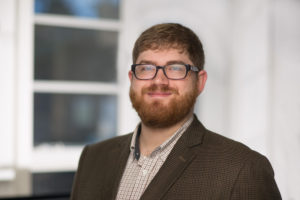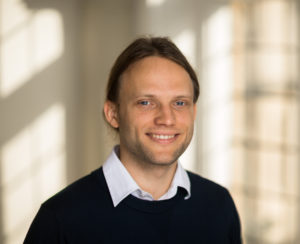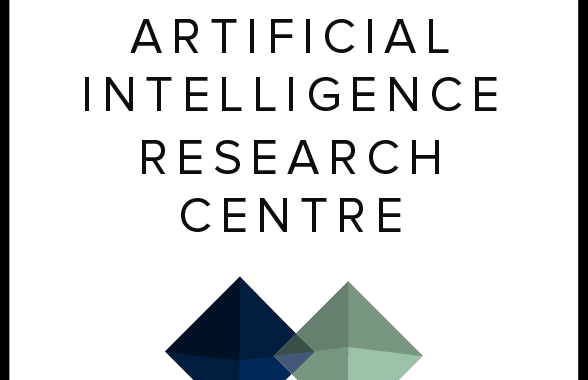The Future of Humanity Institute is delighted to announce the hiring of Jan Leike, and Miles Brundage for the Strategic Artificial Intelligence Research Centre (SAIRC).
 Miles Brundage, a PhD candidate in Human and Social Dimensions of Science and Technology at Arizona State University, has been appointed as the Policy Research Fellow. He is is currently working on two main projects; investigating the utility of formal modelling and simulation of different AI policy interventions, and undertaking the organization of a scenario planning workshop to be held early next year in which AI stakeholders will consider the robustness of different policies against social and technical uncertainties. In both of these projects, topical areas being explored for modelling and scenario planning are the strategic implications of openness in AI development, risks of bad actors using AI for malicious or oppressive purposes, unipolarity/multipolarity of AI outcomes, and international governance. In addition to these projects, Miles is working with FHI and SAIRC Director Nick Bostrom on issues related to desiderata for governance of AI development and robustly beneficial early commitment mechanisms for AI developers.
Miles Brundage, a PhD candidate in Human and Social Dimensions of Science and Technology at Arizona State University, has been appointed as the Policy Research Fellow. He is is currently working on two main projects; investigating the utility of formal modelling and simulation of different AI policy interventions, and undertaking the organization of a scenario planning workshop to be held early next year in which AI stakeholders will consider the robustness of different policies against social and technical uncertainties. In both of these projects, topical areas being explored for modelling and scenario planning are the strategic implications of openness in AI development, risks of bad actors using AI for malicious or oppressive purposes, unipolarity/multipolarity of AI outcomes, and international governance. In addition to these projects, Miles is working with FHI and SAIRC Director Nick Bostrom on issues related to desiderata for governance of AI development and robustly beneficial early commitment mechanisms for AI developers.
 FHI hired Dr. Jan Leike as the Machine Learning Research Fellow. Jan was a PhD student with Marcus Hutter and wrote his dissertation on general reinforcement learning. He is currently working on a collaborative project between OpenAI, DeepMind, and FHI on semi-supervised reinforcement learning, specifically potential actions when a reward signal becomes sparse or disappears due to missing oversight. He is additionally working with Laurent Orseau of DeepMind to address The Jekyll-and-Hyde-problem, studying how different reinforcement learning algorithms react to a changing reward function. During the Uncertainty in Artificial Intelligence conference in New York which he attended representing SAIRC, he was awarded the Best Student Paper for his paper, “Thompson sampling is asymptotically optimal in general environments”, which was co-authored with Tor Lattimore of the University of Alberta, Laurent Orseau of Google DeepMind and Marcus Hutter of ANU.
FHI hired Dr. Jan Leike as the Machine Learning Research Fellow. Jan was a PhD student with Marcus Hutter and wrote his dissertation on general reinforcement learning. He is currently working on a collaborative project between OpenAI, DeepMind, and FHI on semi-supervised reinforcement learning, specifically potential actions when a reward signal becomes sparse or disappears due to missing oversight. He is additionally working with Laurent Orseau of DeepMind to address The Jekyll-and-Hyde-problem, studying how different reinforcement learning algorithms react to a changing reward function. During the Uncertainty in Artificial Intelligence conference in New York which he attended representing SAIRC, he was awarded the Best Student Paper for his paper, “Thompson sampling is asymptotically optimal in general environments”, which was co-authored with Tor Lattimore of the University of Alberta, Laurent Orseau of Google DeepMind and Marcus Hutter of ANU.
